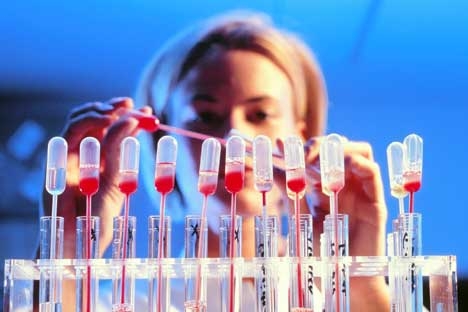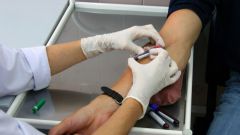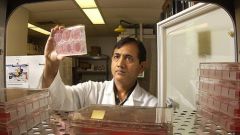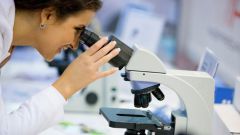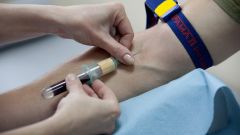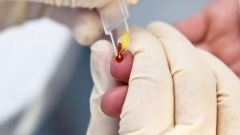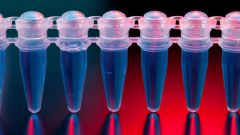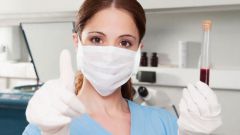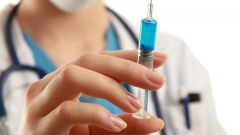Instruction
1
If the disease occurs in a latent form, one survey is not enough. Performed several laboratory tests of blood with the use of different research methods.
2
For syphilis always inspect the food industry workers; pregnant women; children whose mother was infected with syphilis during pregnancy; persons with multiple sexual contacts; in preparation for surgery; donors health workers at risk; people are diagnosed with AIDS, HIV infection, hepatitis. In identifying these persons have syphilis surveyed all contact with them faces.
3
Basically, blood is investigated by the method of Wasserman, but in some cases can be assigned to other laboratory methods.
4
Blood need to pass definitely on an empty stomach in the morning. On the day before delivery of the analysis it is prohibited to drink strong tea, coffee, drinks containing alcohol, medicines containing alcohol, juice.
5
Negative syphilis testing can never be excluded early, or late infection.
6
A positive test indicates the presence of the disease. In the first year after treatment of syphilis analysis may also show a positive reaction.
7
In some diseases and conditions that have nothing to do with the presence in the blood of Treponema pallidum, reaction of blood can give positive results. This can happen during pregnancy, when the presence of diabetes, cancer, pneumonia, vaccination, alcoholism and drug addiction.
8
If a person with syphilis, it immediately hospitalitynet, and will identify all persons who had any contact with an infected person.
Note
Tests for syphilis and its types. Syphilis is the most common on the territory of the Russian Federation the infection is sexually transmitted. Source of infection — syphilis-affected people, particularly those with active manifestations of syphilis fresh on the skin and mucous membranes.
Useful advice
The main type of blood tests for syphilis is serological tests. They are used both for initial diagnosis and for monitoring the results of therapy. Serological syphilis testing is based on the mechanism of formation in the organism of antibodies and their interaction with the special antigen.
